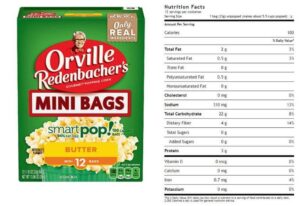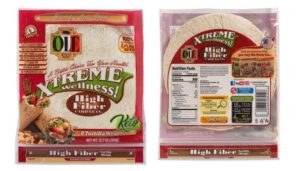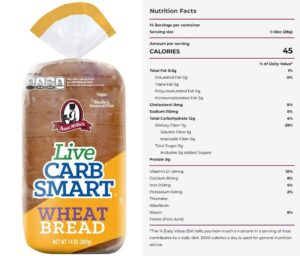4 min read, 713 words
A Word or Two About Organic
Choose organic foods and grass-fed, free-range animal products when possible.
Nutritional and Health Benefits
Organic foods contain higher levels of antioxidants and beneficial compounds while eliminating exposure to synthetic pesticides, herbicides, and chemical fertilizers that our bodies simply don’t need. Grass-fed meats and dairy products provide superior omega-3 fatty acid profiles compared to conventional products, with up to five times more beneficial omega-3s. These foods are also free from growth hormones and routine antibiotics commonly used in conventional agriculture.
Reduced Chemical Exposure
Nobody needs pesticides in their diet. The cumulative effect of pesticide residues may contribute to inflammation and cellular stress – the opposite of what we want when fighting cancer, any other illness or simply working toward optimum health. Organic produce consistently shows lower pesticide residues, reducing your overall toxic load.
Additional Benefits
Organic and grass-fed products often contain higher levels of vitamins A and E, conjugated linoleic acid. The soil health practices used in organic farming also result in foods with better mineral content.
Animal Welfare
Free-range and grass-fed animals live in more natural environments with better treatment standards, which aligns with ethical food choices and often results in higher quality products.
Making It Affordable
If budget is a concern, prioritize organic versions of the “Dirty Dozen” produce items and grass-fed options for the animal proteins you consume most frequently. Frozen organic vegetables and fruits are often more affordable than fresh, while maintaining their nutritional value. Consider buying in bulk, choosing store brands, or shopping at farmers markets where organic options may be more reasonably priced. Personally, I find Trader Joes to have nice organic produce at affordable prices. I’ve been told Aldi has organic as well.
Based on the most recent information from the Environmental Working Group (EWG), here are the 2025 lists:
2025 Dirty Dozen (Most Pesticide Residues)
This year’s list includes new entries blackberries and potatoes, with nearly all samples having pesticide residues, EWG’s 2025 Shopper’s Guide to Pesticides in Produce | Summary:
- Strawberries
- Spinach
- Kale, Collard & Mustard Greens
- Grapes
- Peaches
- Pears
- Nectarines
- Apples
- Bell and Hot Peppers
- Cherries
- Blueberries
- Green Beans
2025 Clean Fifteen (Least Pesticide Residues)
These 15 items had the lowest amounts of pesticide residues, with pineapple being the least contaminated.
- Avocados
- Sweet Corn
- Pineapple
- Onions
- Papaya
- Sweet Peas (frozen)
- Asparagus
- Honeydew Melon
- Kiwi
- Cabbage
- Mushrooms
- Mangoes
- Sweet Potatoes
- Watermelon
- Carrots
The EWG recommends prioritizing organic purchases for items on the Dirty Dozen list, while conventional produce from the Clean Fifteen list is generally considered safer in terms of pesticide exposure.
Research shows that pesticides can be present in soils under organic management even where they haven’t been directly applied and pesticide residues in organic farming soil could result from persistence of pesticides applied before organic certification or from surface runoff or volatilization from neighboring conventional farms.
The contamination comes from several sources:
Legacy contamination: Some pesticides persist in soil for years or decades after application, so land converted to organic still carries residues from previous conventional farming.
Cross-contamination: Residues may result from surface runoff or volatilization of pesticides from neighboring conventional farms, meaning organic farms can be contaminated by drift from nearby properties.
Widespread presence: Studies across Europe found mixtures of at least one insecticide, one herbicide, and one fungicide contaminated 90% of soils including organically managed ones.
However, the good news is that occurrence of pesticide residues in organic samples is approximately 5 times lower than in conventional So organic farming does significantly reduce exposure, even if it doesn’t eliminate it entirely.
Soil cleanup over time – yes, soil does gradually cleanse itself as pesticides break down through microbial action, photodegradation, and other natural processes. The timeline varies widely depending on the specific chemicals involved – some break down in months while others persist for years.
Take Away
Buying organic remains worthwhile because it drives demand for pesticide-free farming practices, reduces your overall exposure, and supports agricultural systems that will have cleaner soil over time as the organic sector grows and legacy contamination diminishes.
– Coach Marie 🥦
How often does human skin regenerate?
Brought to you by your FNN coaches!







